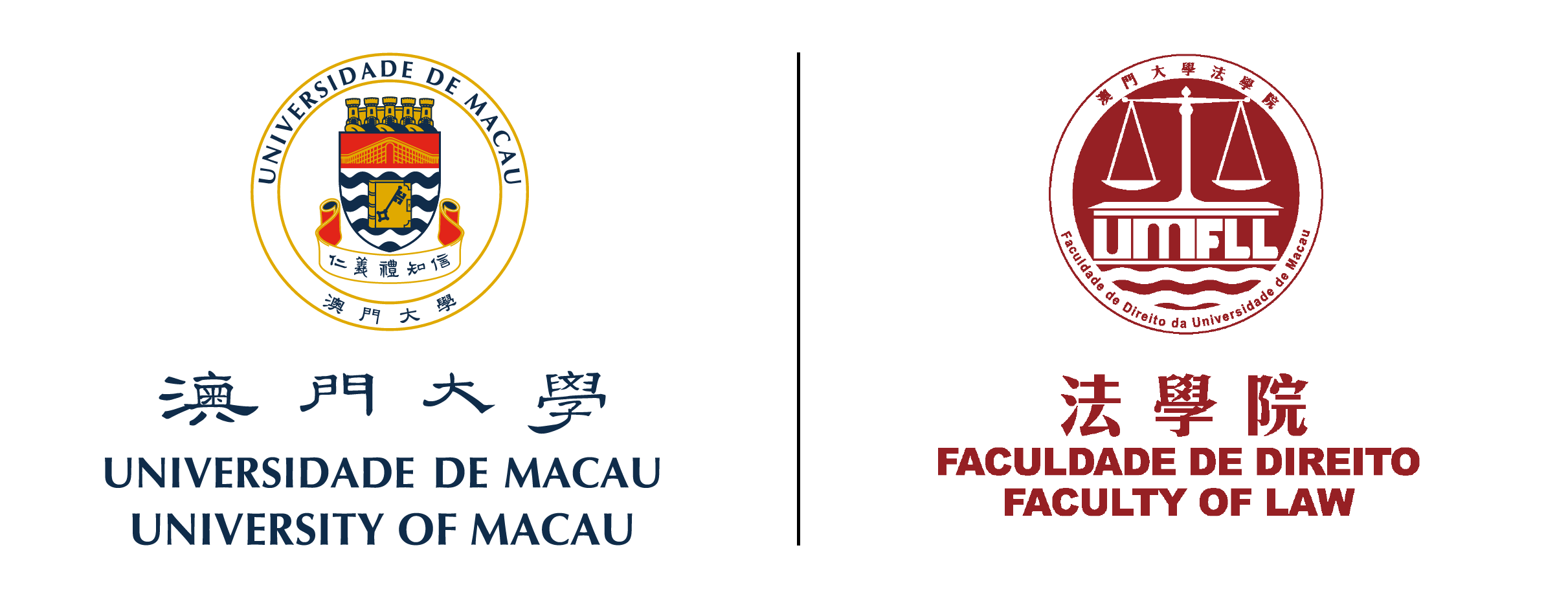In October 2025, Professor Liu Jianhong, Adjunct Distinguished Professor of the Faculty of Law at the University of Macau, was invited to the University of Oxford for an academic visit, during which he delivered a series of three lectures between October 23 and 29. The lectures focused on criminal justice theory and restorative justice, attracting scholars and students from Europe and Asia. The events were held in hybrid format, combining online and in-person participation, and received enthusiastic responses.
On October 23, Professor Liu presented the lecture entitled “The Relationism Theory of Criminal Justice – Insight for a Paradigm Shift from the East”. He systematically analyzed two major challenges in the dominant Western development of criminal justice theories and highlighted the limitations of the current “monotonic paradigm” in building a general theory of criminal justice. Professor Liu proposed drawing insights from Eastern contexts to promote a shift toward a “comparison paradigm,” aiming to construct a general causal theory of criminal justice. The proposed framework introduces novel concepts and propositions, which help to explain multiple criminal justice outcomes at the institutional, organizational, and individual levels across diverse cultural contexts.
On October 29, Professor Liu delivered two additional lectures. The first, “Chinese Law and Restorative Justice”, reviewed the relevant Chinese legal texts and examined its role in the practice of restorative justice. He proposed an empirically feasible research to investigate how Chinese law functions in actual restorative justice processes. Professor Liu emphasized that incorporating insights from the Chinese context could advance both the theory and practice of restorative justice globally.
Subsequently from 5:00pm, Professor Liu delivered the lecture “Restorative Justice as a Theoretical Project – Insights from China”, in China Center of Oxford University, highlighting two key challenges in Western restorative justice research: first, the insufficient knowledge of restorative justice in non-Western countries such as China, where tradition, culture, political economy, and legal systems differ significantly; second, the lack of systematic understanding and causal explanation of restorative justice processes. Using China as a comparative research context, Professor Liu explored the possibility of developing a unified framework for understanding restorative justice in both Western and Chinese settings, offering a new perspective for global theory-building and empirical research on restorative justice.
The lecture series not only provided fresh insights for the development of criminal justice and restorative justice in Asia but also showcased the contributions of Chinese and Asian scholarship to global criminology and criminal justice studies. By fostering cross-cultural dialogue and research, Professor Liu’s visit contributed to the internationalization and diversification of the discipline.

